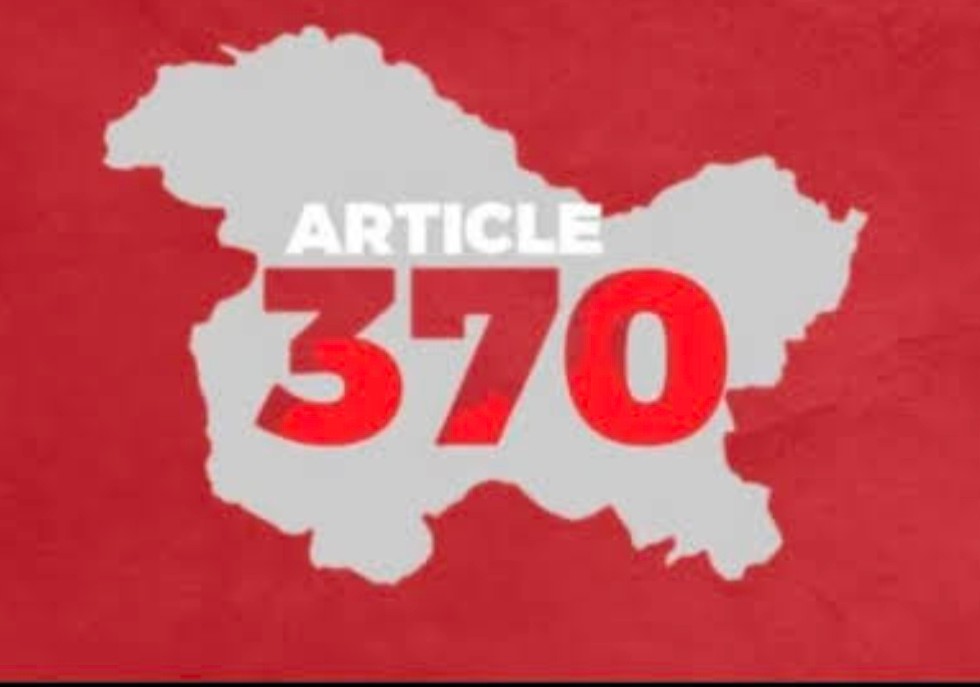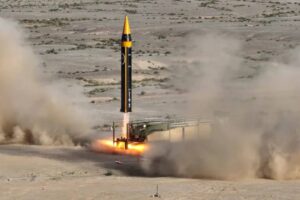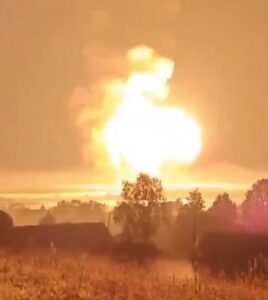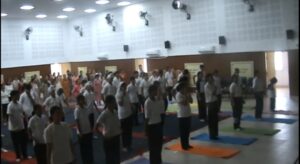SC verdict on abrogation of Article 370: CJI main conclusions

1. After the signing of the Instrument of Accession, Jammu and Kashmir does not retain any element of sovereignty
2. No internal sovereignty for Jammu and Kashmir
3. Challenge to the proclamation of President’s rule is not valid
4. The exercise of the President’s power must have proper relation to the purpose of the President Rule
5. The power of Parliament to make laws for the State cannot exclude the power to make laws
6. Article 370 was a temporary provision
7. When the Constituent Assembly was dissolved, only the temporary power of the Assembly ceased and there was no restriction on the orders of the President
8. Para 2 of CO 272 by which Article 370 was amended by amending Article 367 was ultra vires because the interpretation clause cannot be used for amendment
9. The exercise of power by the President was not malicious and did not require any consent with the State
10. In exercise of the power under 370(1)(d) para 2 of CO 272 it was lawful
11. to apply all the provisions of the Indian Constitution to Jammu and Kashmir. The continued exercise of power by the President shows that a gradual process of integration was continuing. Thus CO 273 is valid
12. The Constitution of Jammu and Kashmir is operative and has been declared null and void
13. Use of power by the President not malicious
14. The SG gave a statement that statehood will be restored to Jammu and Kashmir. We maintain the decision to separate Ladakh. We direct the Election Commission to hold elections as soon as possible under Section 14 of the Reorganization Act and Statehood.





